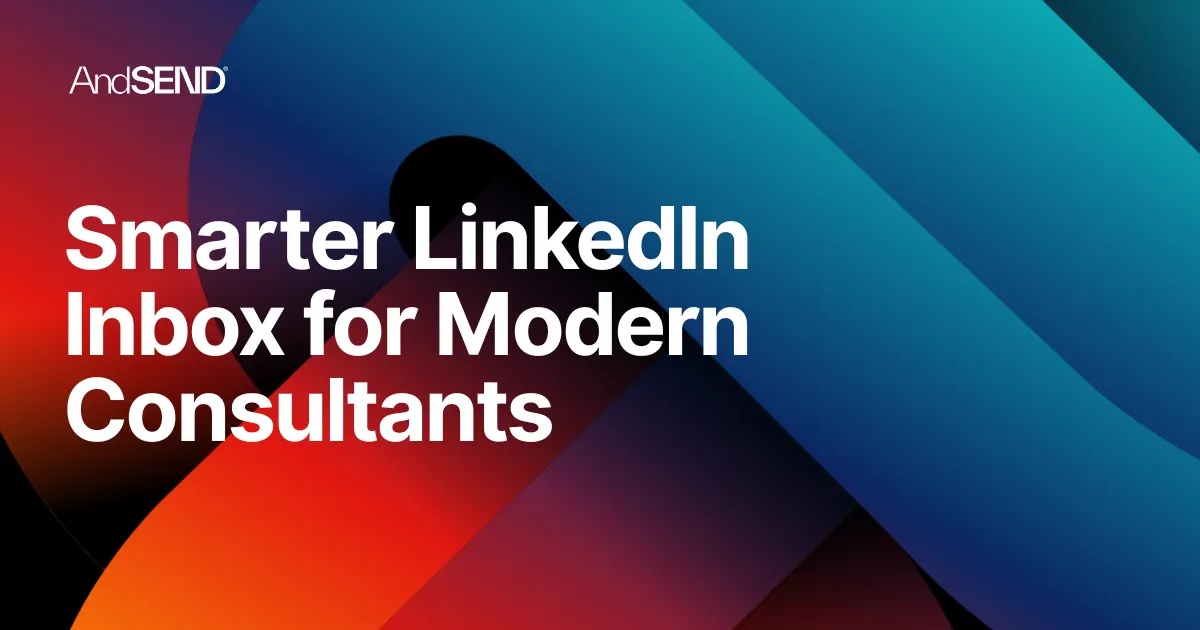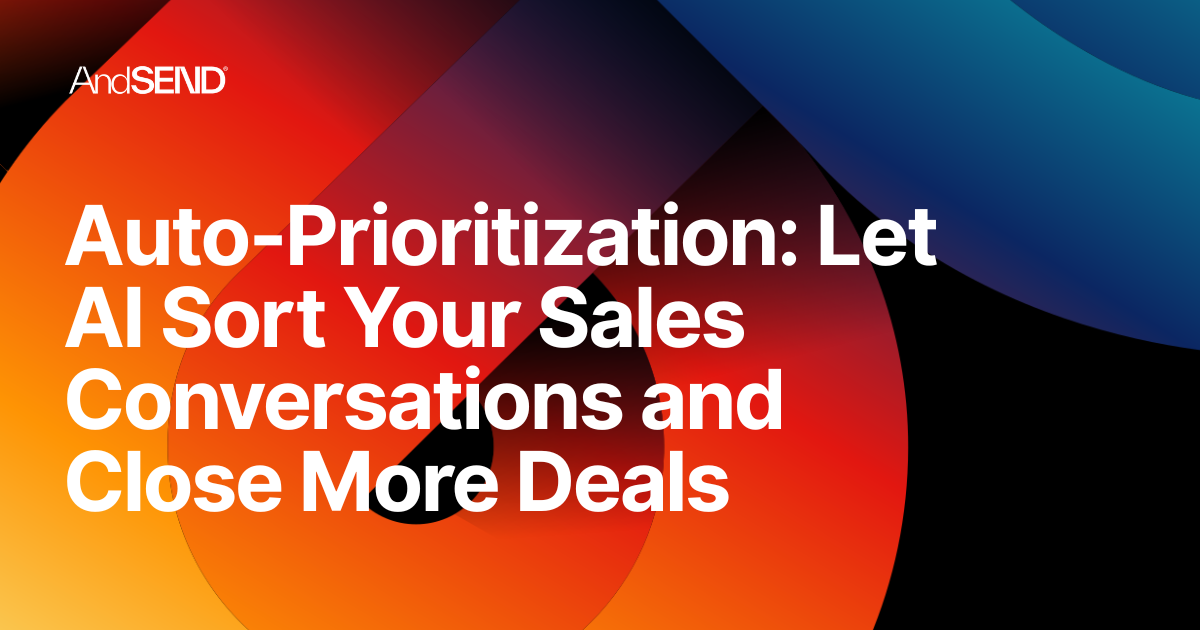
Why your brain resists following up (and what to do about it)
Published: 12/17/2024
It happens to all of us.
You're enjoying your morning coffee, scrolling through your phone, when suddenly that sinking feeling hits you. You know that "Oh shoot" moment when you realise it's been three weeks since that promising conversation with a customer, and you haven't followed up.
Now you're caught in that uncomfortable space between "Is it too late?" and "Better late than never." We’ve all seen this scenario play out countless times – from seasoned account managers to ambitious founders, we all sometimes drop the ball on follow-ups.
The Psychology Behind the Follow-up Struggle
Let's talk about why following up feels so challenging.
According to a study conducted by researchers at Johns Hopkins University, we often fall into what's called the "mere urgency effect" – prioritizing tasks that seem urgent over those that are actually important. That promising conversation you had? It's important but not urgent, so it keeps sliding down your to-do list.
Then there's what psychologists call "anticipatory anxiety." You start wondering: "What if they've lost interest?" "What if my timing is off?" "What if I come across as too pushy?" These thoughts can create a paralysis loop, where the longer you wait, the more anxious you become about following up, which makes you wait even longer.
Research shows that 80% of sales require five follow-ups, but 44% of professionals give up after just one follow-up attempt. Why? Because we're fighting against our own psychology.
The Science of Perfect Timing
But here's where it gets interesting. The challenge isn't just about whether to follow up – it's about when. Our brains are wired to look for patterns and rhythms, what psychologists call "temporal landmarks." These are the natural pauses and transitions in our professional lives that make certain moments feel more appropriate for communication than others.
Think about it:
- Monday mornings when everyone's planning their week
- Mid-week when people are in their productive flow
- Friday afternoons when folks are wrapping up and thinking ahead
Each of these moments carries its own psychological weight.
The Three Psychological Barriers to Effective Follow-ups
Through my observations, I've noticed three main psychological barriers that hold us back from maintaining consistent follow-ups:
- The Perfectionism Trap: You keep waiting for the "perfect" moment or the "perfect" message. Spoiler alert: it doesn't exist. Psychology shows us that this pursuit of perfection often leads to procrastination.
- The Memory Illusion: We consistently overestimate our ability to remember to follow up. Cognitive psychologists call this the "planning fallacy" – our tendency to underestimate how much time and attention we'll need for future tasks.
- The Social Pressure Paradox: The more important the relationship, the more pressure we feel to get the follow-up right. This pressure can actually make us more likely to avoid the task altogether.
Turning Psychology to Your Advantage
The good news: once you understand these psychological patterns, you can work with them instead of against them. Here's how:
1. Create External Triggers
Instead of relying on memory, set up systems that prompt you to follow up. Your brain responds better to external cues than internal reminders.
2. Use the "If-Then" Planning Method
Psychologists call this "implementation intentions." For example: "If I haven't heard back in 5 days, then I'll send a gentle follow-up." This removes the decision-making burden in the moment.
3. Embrace Imperfect Action
Remember: a slightly imperfect follow-up sent at the right time is infinitely more effective than a perfect follow-up that never gets sent.
The Evolution of Follow-up Management
This understanding of follow-up psychology is what drove us to rethink how technology could support natural relationship building. The key insight was that we needed tools that work with our psychology, not against it.
That's why we've developed smart to-dos that automatically remind you when it's time to follow up, with AI-suggested messages that feel natural and timely. It's not about automating relationships - it's about removing the psychological barriers that prevent us from maintaining them.
Think of it like having a really intuitive assistant who knows exactly when to tap you on the shoulder and say, "Hey, remember that conversation from last week? Might be a good time to check in."
Making It Work for You
So how do you put all this psychological insight into practice? Here are some actionable strategies:
- Set Your Rhythm: Decide on your follow-up intervals ahead of time. This removes the emotional decision-making in the moment.
- Create Safety Nets: Put systems in place that catch important conversations before they slip through the cracks.
- Trust the Process: Remember that following up isn't about perfection – it's about consistency and authenticity.
The Future of Follow-ups
As we continue to understand more about the psychology of professional relationships, one thing becomes clear: the future is not about more automation. It's about better support for our natural relationship-building instincts.
Remember: every "Oh shoot" moment is an opportunity to strengthen a relationship. The key is having the right support to turn those moments into meaningful connections.




